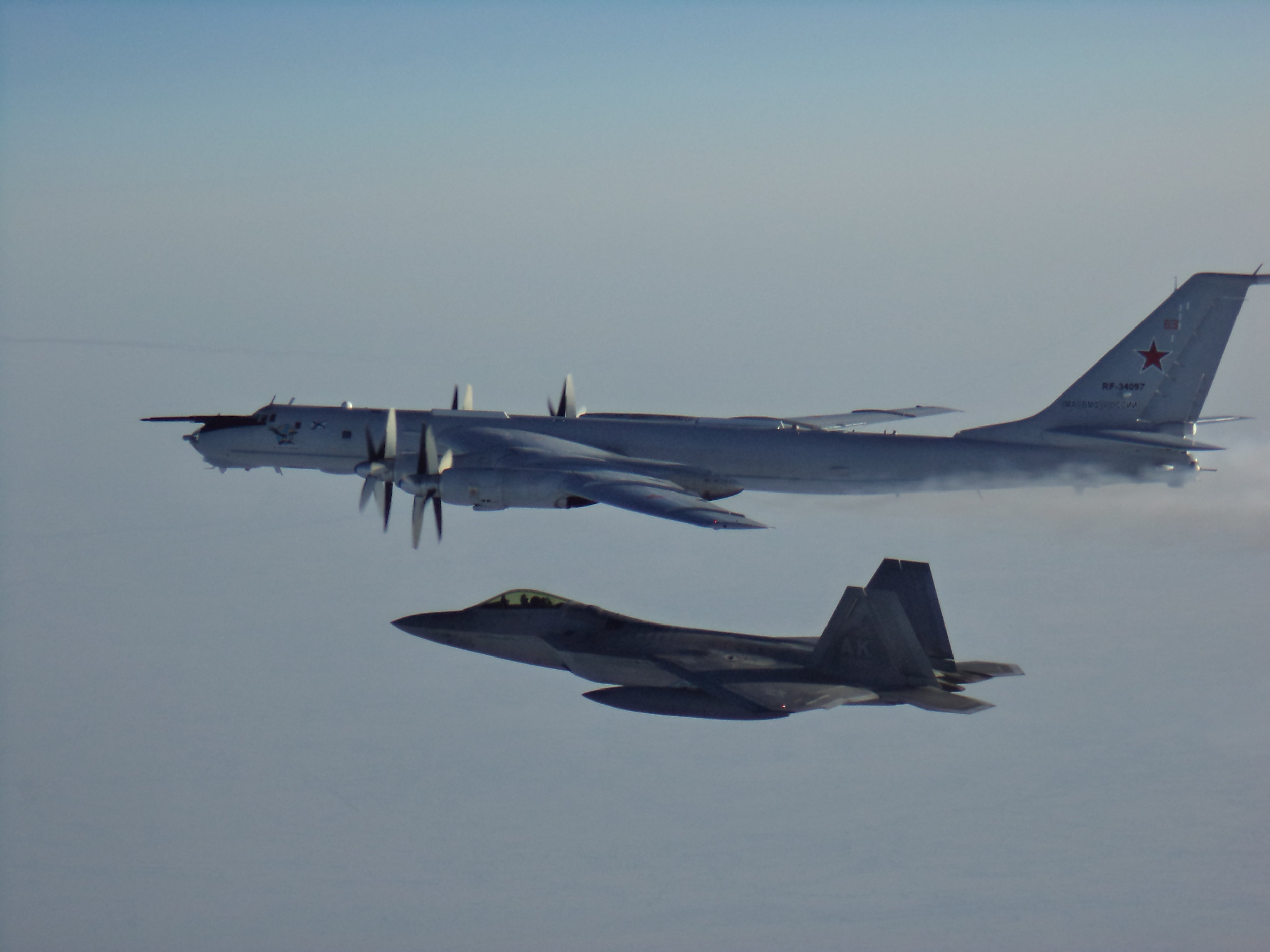SOFREP Evening Brief: Israel, Yemen Missile Intercept, Russia Bans Amnesty International

Table of Contents
Israel Faces Ongoing Security Threats & Countermeasures
Israel continues to grapple with significant security challenges, facing both rocket attacks and border incursions. Understanding these threats and Israel's response is critical to comprehending the ongoing instability in the region.
Recent Rocket Attacks and Border Incursions
Recent weeks have witnessed a surge in rocket attacks targeting southern Israel from the Palestinian territories. These attacks, launched primarily by Hamas, have resulted in varying degrees of damage and, tragically, casualties. Specific locations such as Sderot and Ashkelon have been frequently targeted. The scale and frequency of these attacks have raised serious concerns about regional stability and the potential for further escalation.
- Scale: The number of rockets fired has varied, with some attacks involving dozens of rockets launched simultaneously.
- Casualties: While the Iron Dome defense system has proven effective, some casualties and property damage have unfortunately been reported.
- Targets: Both civilian and military infrastructure have been targeted, highlighting the indiscriminate nature of these attacks.
Israel's Response and Defense Systems
The Israeli Defense Forces (IDF) have responded to these attacks with targeted counter-terrorism operations and airstrikes against Hamas infrastructure in the Gaza Strip. The effectiveness of Israel's Iron Dome missile defense system remains a crucial factor in mitigating the impact of these attacks. This sophisticated military technology has intercepted a significant percentage of incoming rockets, preventing further loss of life and damage.
- IDF Operations: These operations have focused on disrupting Hamas's ability to launch further attacks.
- Iron Dome Effectiveness: The system's high interception rate demonstrates its crucial role in Israel's defense strategy.
- Retaliatory Measures: The IDF's actions have aimed at deterring further attacks while minimizing civilian casualties.
Geopolitical Implications and International Reactions
The ongoing conflict has significant geopolitical implications, attracting international attention and prompting responses from various global actors. The United States, for instance, has expressed concern over the escalating violence, calling for de-escalation. The United Nations has also issued statements urging restraint and a return to diplomatic solutions. The potential for a wider regional conflict remains a significant concern.
- US Involvement: The US continues to play a key role in mediating the conflict and providing security assistance to Israel.
- UN Involvement: The UN is actively engaged in humanitarian efforts and diplomatic initiatives to resolve the conflict peacefully.
- Escalation Risk: The current situation carries a high risk of further escalation, demanding urgent diplomatic intervention.
Successful Missile Intercept in Yemen
The ongoing conflict in Yemen continues to be a significant regional concern. A recent successful missile intercept highlights the persistent threat and the crucial role of advanced defense systems.
Details of the Missile Attack and Intercept
A ballistic missile launched by Houthi rebels towards Saudi Arabia was successfully intercepted. The precise type of missile is still being investigated, but preliminary reports suggest it was a medium-range ballistic missile. The intercept occurred near a major population center, preventing potential widespread devastation. This incident underscores the ongoing threat posed by Houthi rebels in the region.
- Missile Type: The exact type of missile remains under investigation by military intelligence.
- Location of Intercept: The precise coordinates of the intercept are being withheld for security reasons.
- Houthi Capabilities: The successful launch, though intercepted, highlights the growing sophistication of Houthi weaponry.
Significance of the Intercept for Regional Stability
The successful intercept is significant for regional stability, demonstrating the effectiveness of missile defense systems in the region and deterring future attacks. However, the incident also underscores the continuing fragility of peace in Yemen and the broader implications for the ongoing conflict. The arms race in the region is a serious concern and could destabilize the entire Middle East.
- Regional Security: The intercept bolsters the defense capabilities of Saudi Arabia and its allies.
- Balance of Power: The event subtly shifts the balance of power, reminding all actors of the importance of robust missile defenses.
- Humanitarian Crisis: The conflict continues to fuel a severe humanitarian crisis within Yemen.
Russia Bans Amnesty International: Implications and Analysis
Russia's recent ban on Amnesty International marks a significant blow to human rights monitoring and freedom of speech within the country.
The Rationale Behind the Ban
The Russian government justified the ban by classifying Amnesty International as a "foreign agent," alleging that the organization engaged in activities deemed "undesirable." This is in line with Russia's increasingly restrictive laws targeting non-governmental organizations (NGOs) and independent voices. Official statements from Russian officials cited alleged violations of Russian laws as the primary reason for the ban.
- Foreign Agent Law: The law allows the government to label organizations as "foreign agents" and impose significant restrictions on their operations.
- Crackdown on NGOs: The ban is part of a broader pattern of repression against civil society organizations in Russia.
- Government Narrative: The Russian government’s narrative aims to portray Amnesty International as a threat to national security.
International Condemnation and Response
The ban on Amnesty International has drawn widespread international condemnation, with numerous countries and international organizations expressing deep concern. Many have called for the immediate reversal of the ban, citing the importance of independent human rights monitoring. While some have imposed targeted sanctions, broader international repercussions are still developing.
- International Pressure: Many nations are issuing statements of protest and condemnation.
- Sanctions: Further sanctions could be imposed depending on future actions by the Russian government.
- Diplomatic Fallout: The ban is likely to negatively impact Russia's diplomatic relations with numerous countries.
Impact on Human Rights Monitoring in Russia
The ban severely hampers human rights monitoring within Russia, creating significant challenges for documenting and reporting on human rights violations. This represents a major setback for civil society and the ability of independent organizations to operate freely. The impact on freedom of speech and human rights defenders will be significant and long-lasting.
- Reduced Transparency: The ban limits independent scrutiny of human rights issues within Russia.
- Impact on Civil Society: The ban creates a chilling effect on other NGOs and human rights defenders.
- Erosion of Democratic Values: This action represents a further erosion of democratic values and norms within Russia.
Conclusion: Stay Informed with the SOFREP Evening Brief
Today’s SOFREP Evening Brief covered significant geopolitical events: escalating tensions in Israel, a successful missile intercept in Yemen, and Russia's ban on Amnesty International. These events highlight the complex and often volatile nature of international relations. Staying informed about these critical global developments is crucial for understanding the forces shaping our world. For more in-depth analysis of these and other critical international events, make sure to check back regularly for the SOFREP Evening Brief. Stay informed on critical global events with our daily SOFREP Evening Brief. Subscribe today to receive the latest analysis and insights.

Featured Posts
-
 The Lasting Legacy Of Agatha Christies Poirot
May 20, 2025
The Lasting Legacy Of Agatha Christies Poirot
May 20, 2025 -
 Todays Nyt Mini Crossword Answers For April 25th
May 20, 2025
Todays Nyt Mini Crossword Answers For April 25th
May 20, 2025 -
 Solving The Marvel The Avengers Crossword Clue A Complete Guide Nyt Mini May 1
May 20, 2025
Solving The Marvel The Avengers Crossword Clue A Complete Guide Nyt Mini May 1
May 20, 2025 -
 The U S Missile System Fueling Sino American Tensions
May 20, 2025
The U S Missile System Fueling Sino American Tensions
May 20, 2025 -
 Wwe Rumors Ronda Rousey Logan Paul Jey Uso And Big Es Engagement
May 20, 2025
Wwe Rumors Ronda Rousey Logan Paul Jey Uso And Big Es Engagement
May 20, 2025
